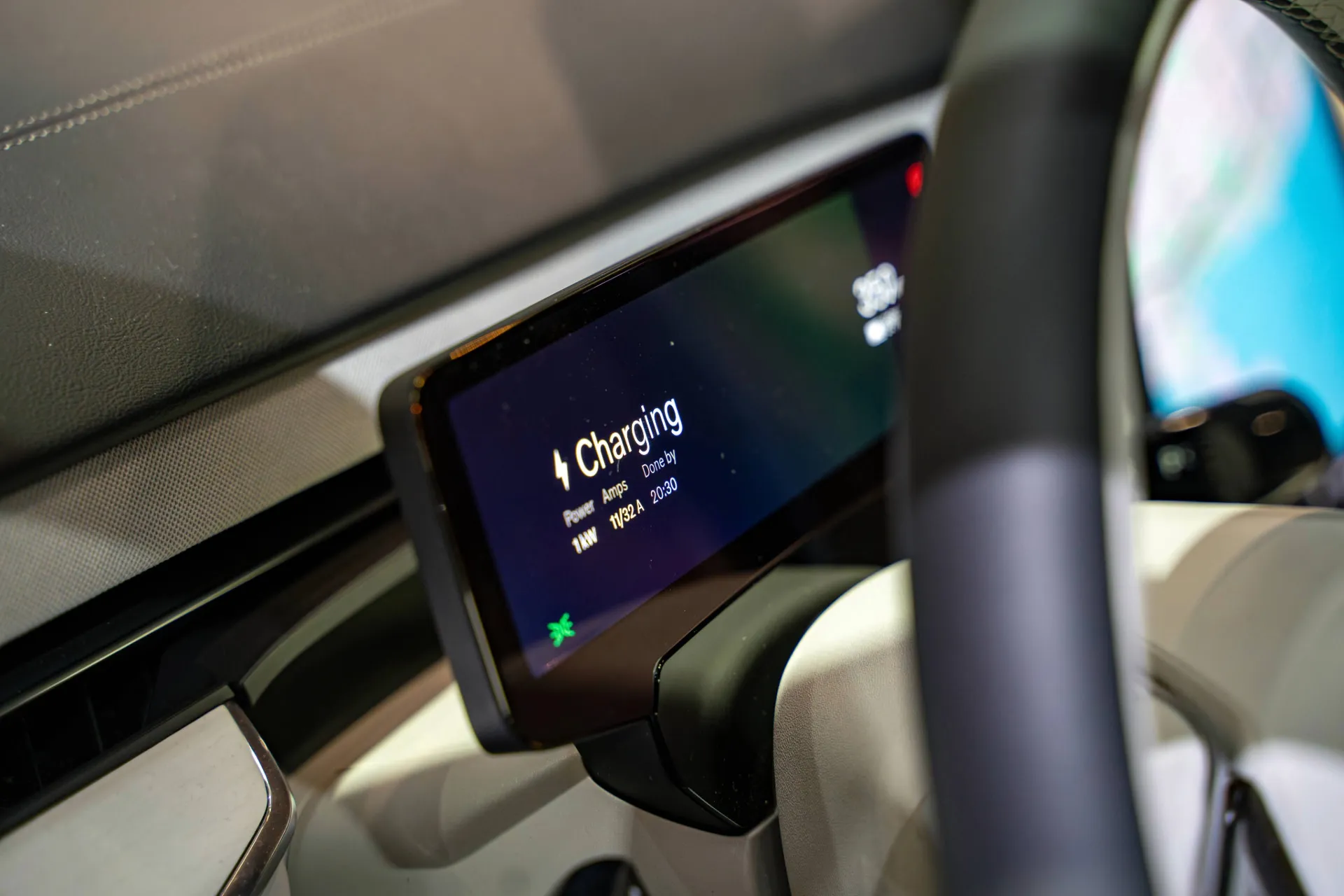
Wafricnews - June 15, 2025
A new innovation out of Germany might just hold the key to unlocking the full potential of electric vehicles — and it all boils down to a little-known battery component: the electrode.
Researchers at the Max Planck Institute for Medical Research have reportedly made a groundbreaking discovery that could reshape the future of EVs and renewable energy storage. Their findings reveal a new ion transport mechanism that dramatically increases both charging speed and battery capacity — solving a long-standing dilemma in battery design.
The Electrode Problem — and the Game-Changing Fix
In every battery, the electrode plays a vital role. Traditionally, it’s made of flat copper or aluminum foil layered with active material to hold charge. The trade-off has always been simple:
- Thicker electrodes = more energy storage, slower charging
- Thinner electrodes = faster charging, less storage
But now, the Max Planck team has tossed that trade-off aside by swapping out the flat foil for something much more dynamic: metal fleece — an ultra-thin, mesh-like material that allows charged ions to move up to 56 times faster than through traditional foils.
Describing it as a “motorway for metal ions,” project lead Professor Joachim Spatz says this innovation enables the electrode to be up to ten times thicker while still charging rapidly. The result? Up to 85% more power storage without compromising on speed.
What It Means for Africa — and the World
Electric vehicles have struggled to gain ground in many African markets due to high costs and limited charging infrastructure. But this development could change the game:
- Longer range = less frequent charging
- Faster charge times = more convenience
- Cheaper production = potentially lower costs for consumers
According to Spatz, batteries built with this new method could be 30–40% cheaper to manufacture. The technique uses a dry powder application instead of expensive, solvent-heavy processes — cutting both environmental and financial costs.
What’s Next?
While the batteries are not yet in mass production, Spatz has already launched a startup and is collaborating with automotive manufacturers to bring the tech to market. It’s too early to say exactly when these “supercharged” batteries will hit the roads, but signs are pointing to sooner rather than later.
For African countries on the path toward greener, more affordable transportation, this development could fast-track EV adoption, especially if local assembly and production partnerships emerge.
Would You Go Electric?
With EV technology advancing at record pace, would you make the switch? What’s the most important factor for you?
- Cost
- Battery range
- Power & speed
- Design
By Wafricnew Desk.


Comment
To post a comment, you have to login first
LoginNo Comments Yet...